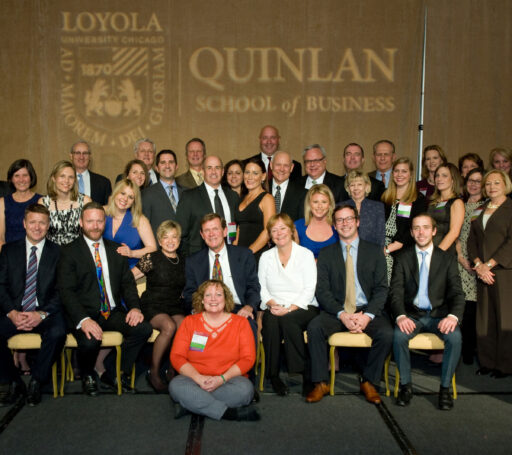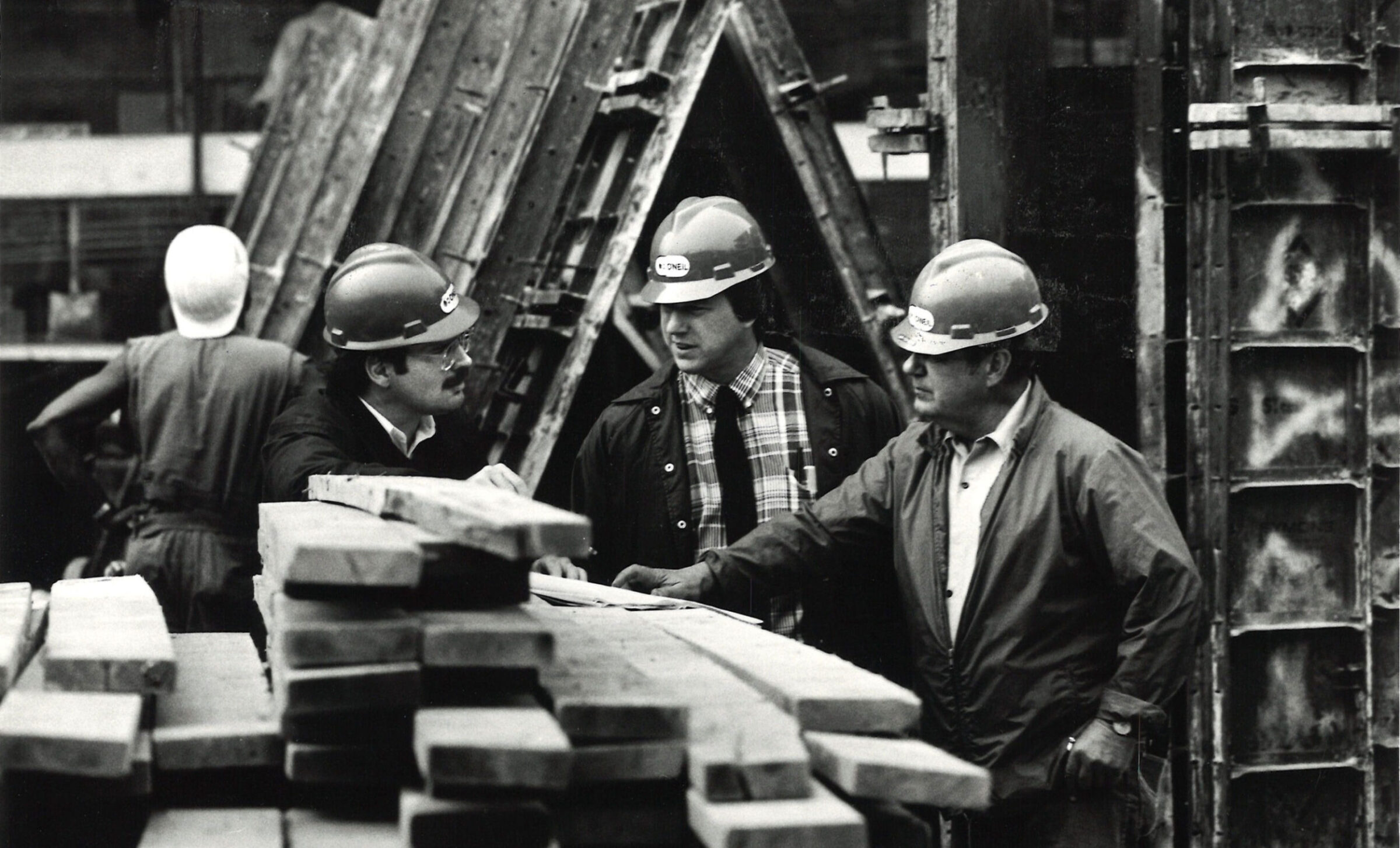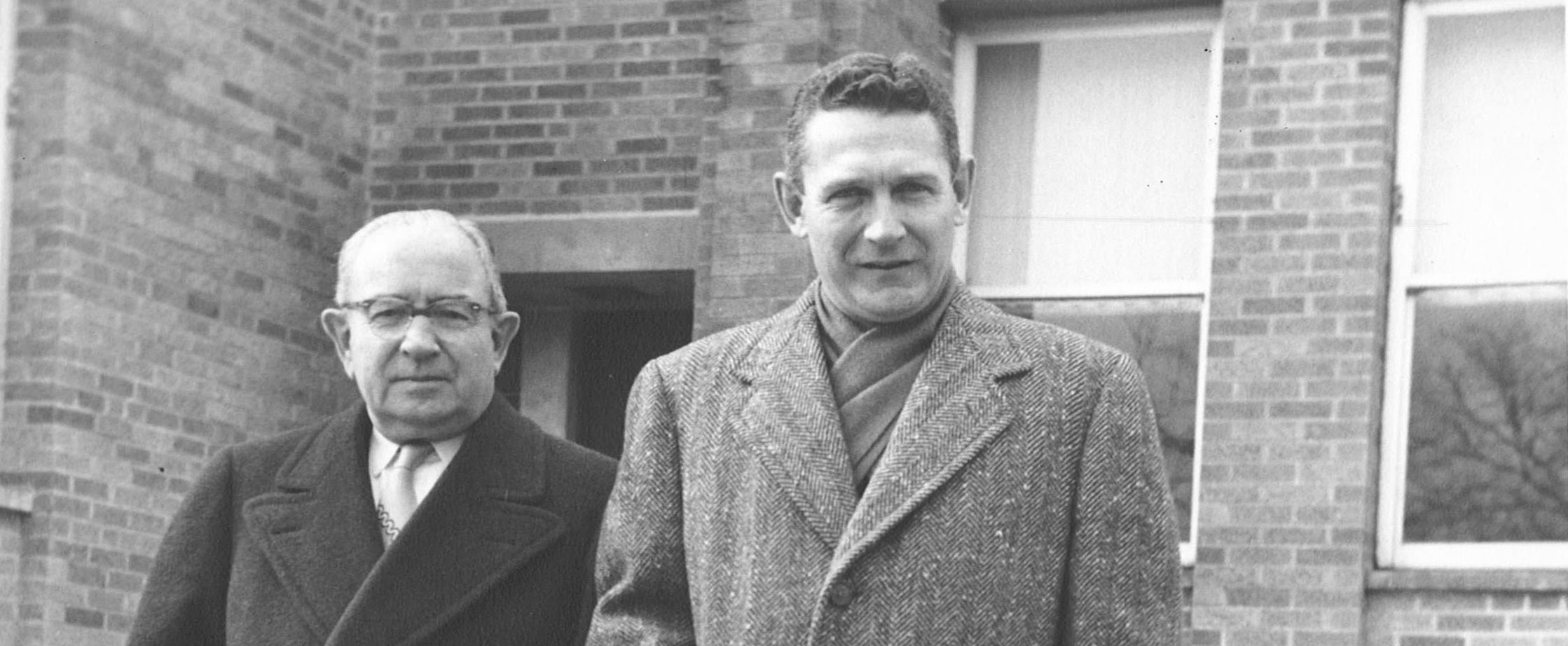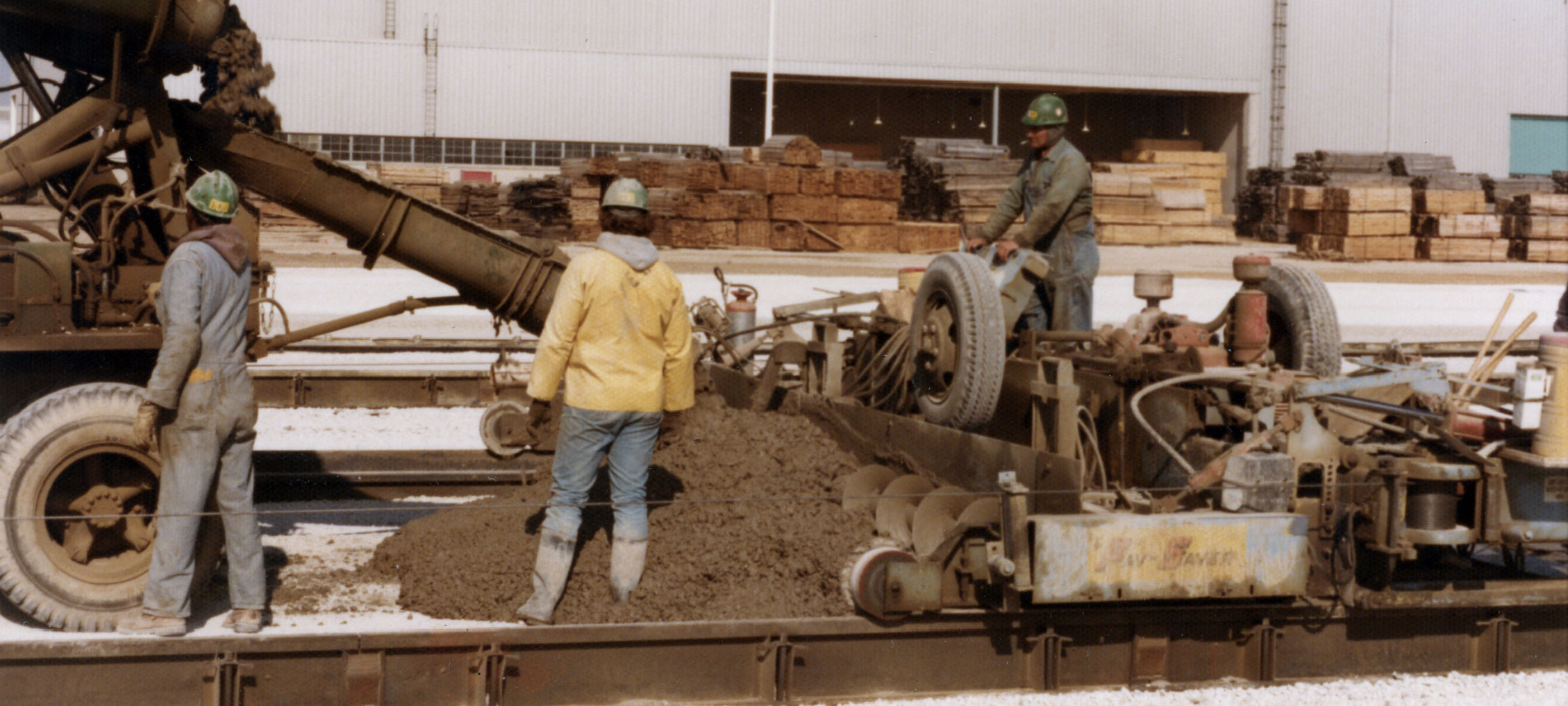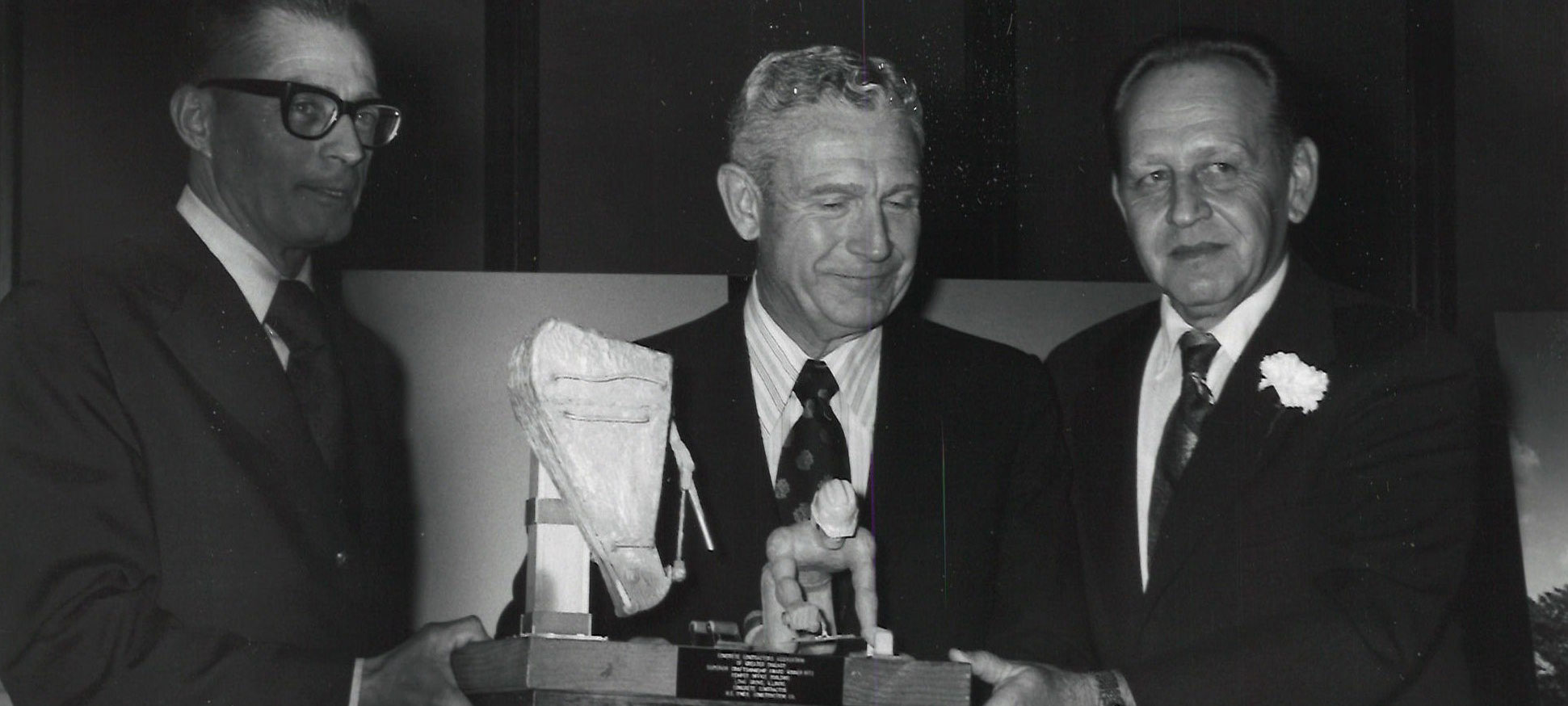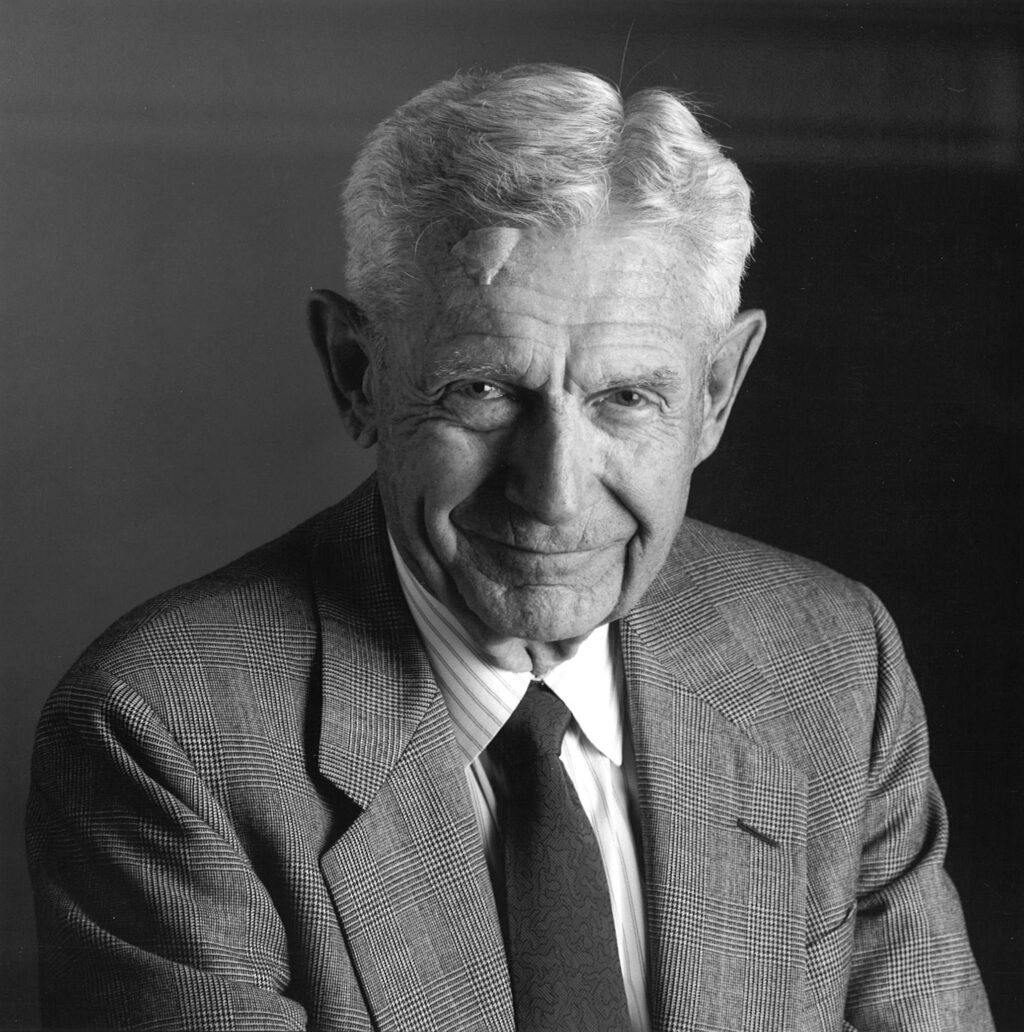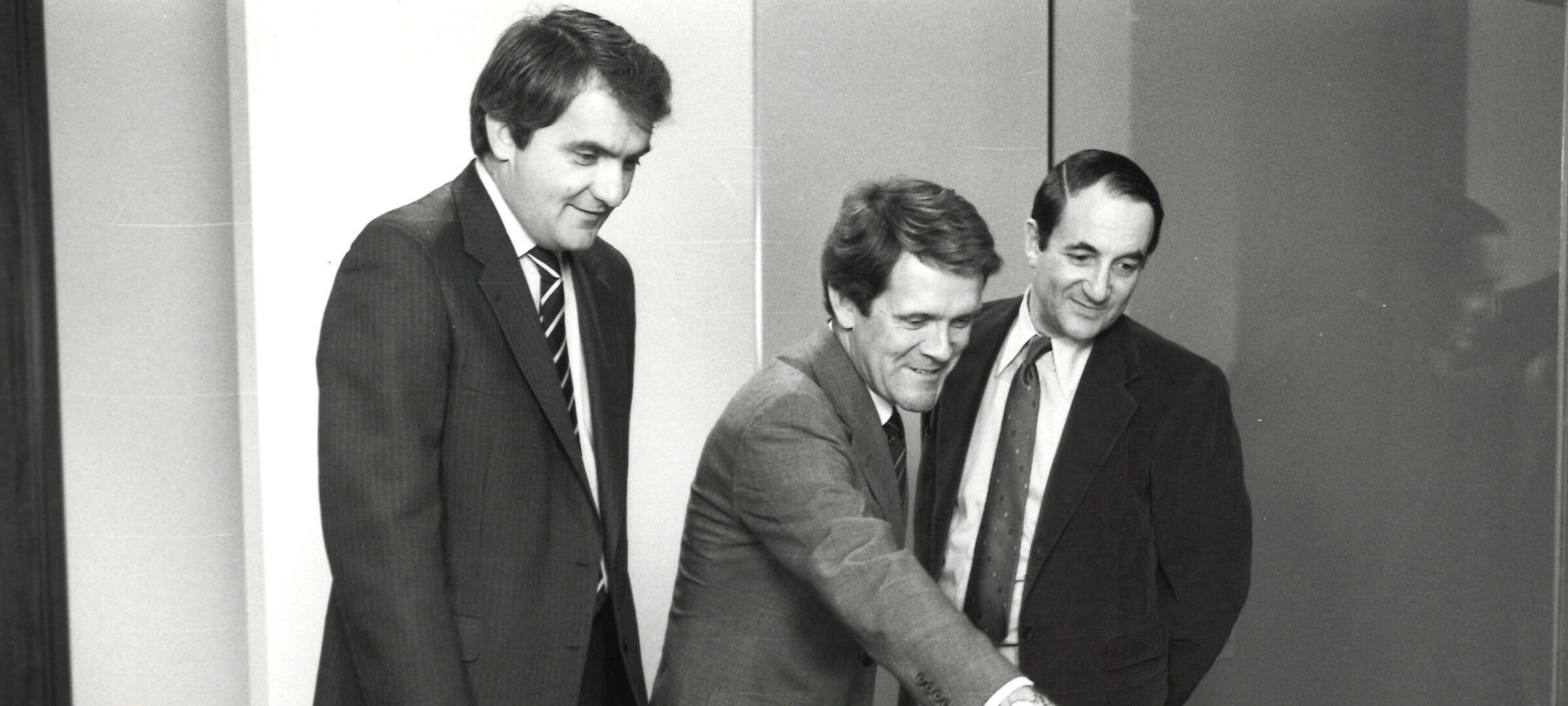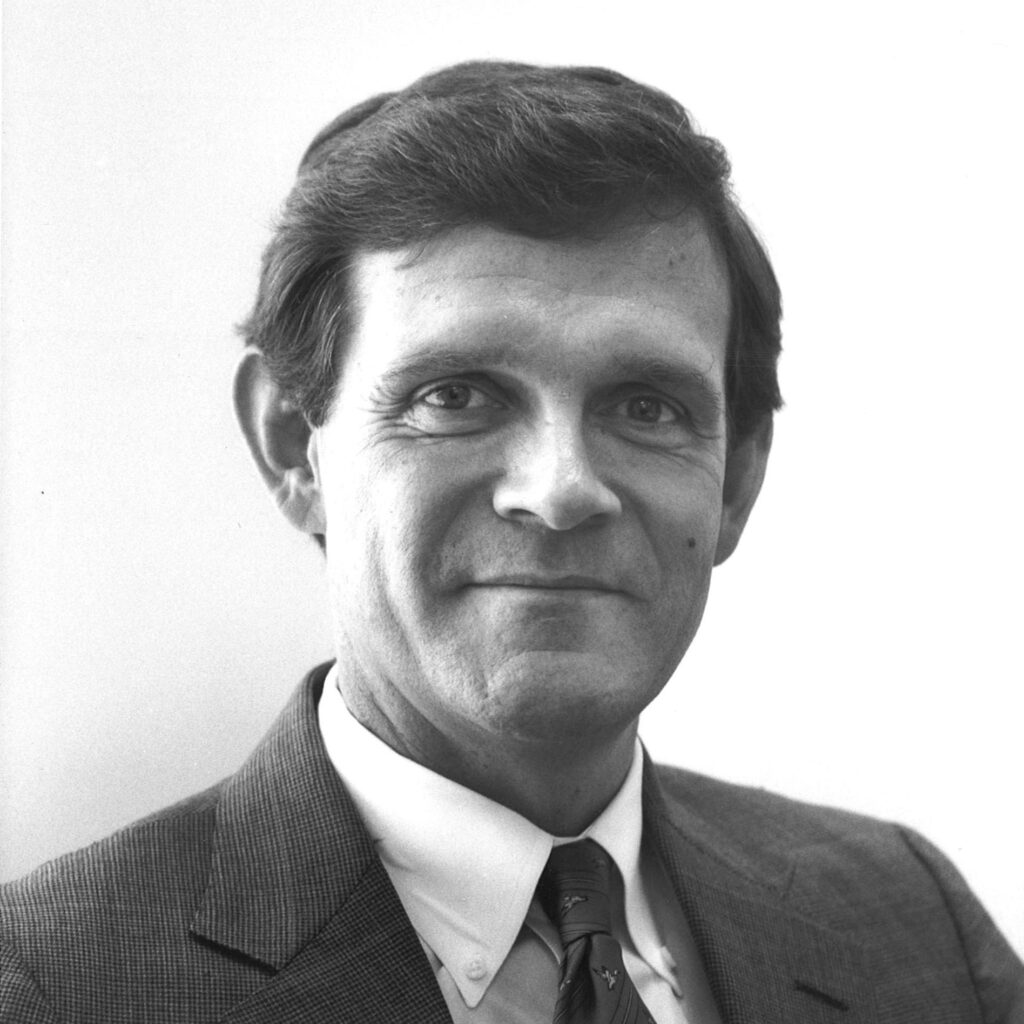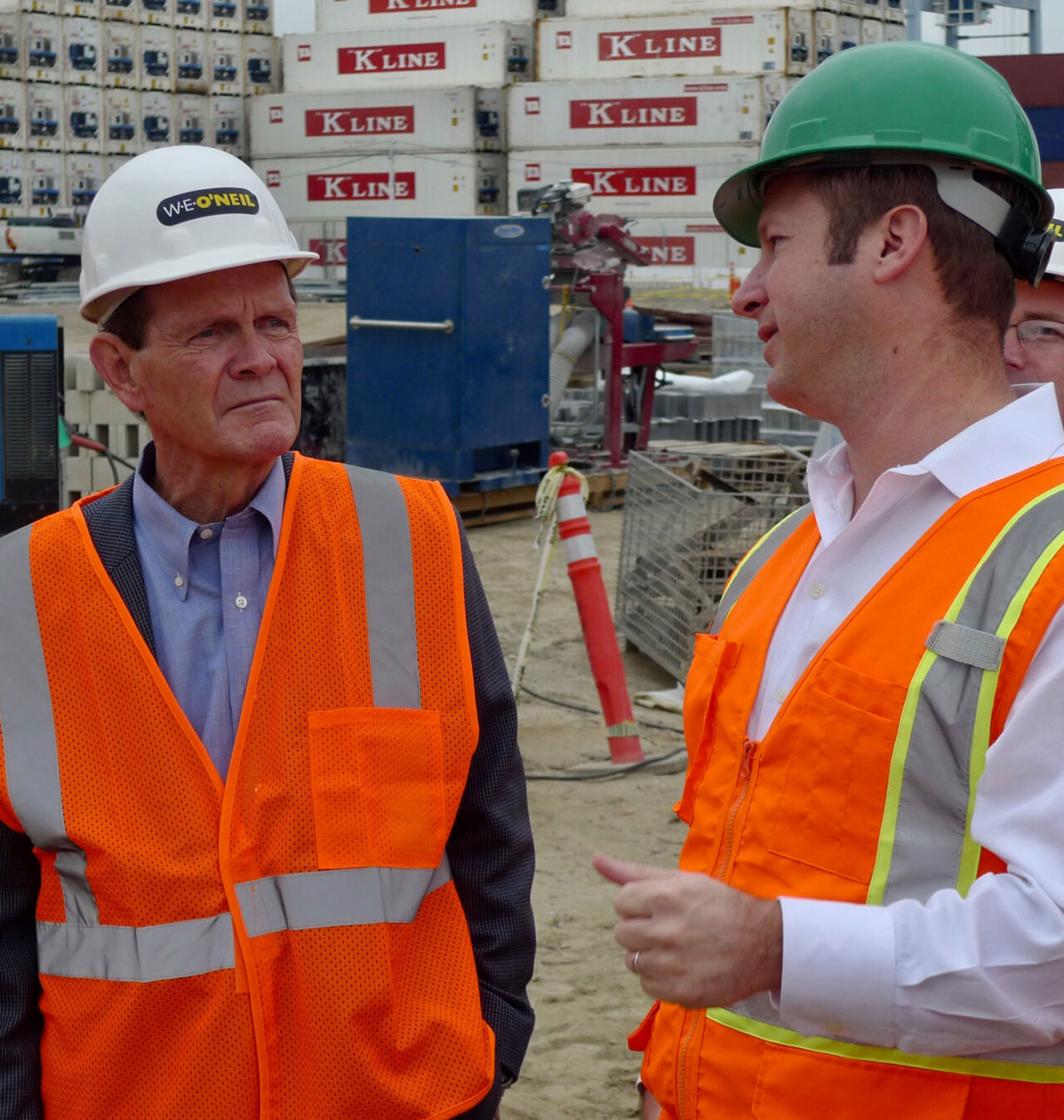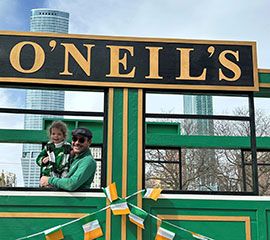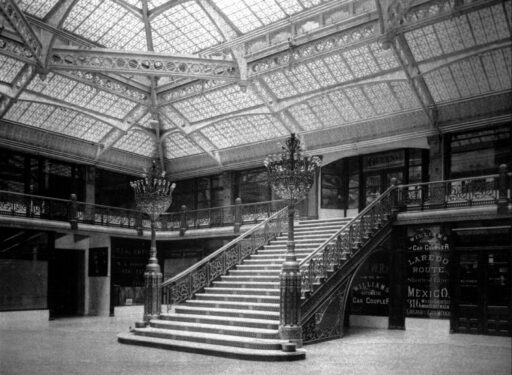The one who started it all. In 1925, William Edward (“W.E.”) O’Neil founded W.E. O’Neil with a sharp mind for construction, a hands-on approach, and a belief that success came from taking care of people. Born in 1888, William grew up in Chicago’s Lincoln Park neighborhood and got his start as an office boy for famed architect Daniel Burnham. From timekeeper to estimator to superintendent, he learned the business step by step, building trust and earning respect along the way.
With a crew of skilled Swedish immigrant carpenters, William launched the company’s first project: the Lincoln Park Primate House (aka “the Monkey House”). Then came Lane Tech High School, Chicago’s largest public high school, where the Great Depression brought work to a halt for three years. When construction resumed, William and his team finished the job—proof of their grit and perseverance during uncertain times.
William’s leadership wasn’t about speeches or slogans. It was about showing up. His grandson Bill remembers riding with him to jobsites on hot summer days, where William handed out cold Coca-Colas and told workers to take a break. He knew their names, asked about their families, and, most importantly, he never rushed a conversation.
He also believed in fairness, introducing the “Rule of Thirds” profit-sharing principle: one-third for the company, one-third for employees, and one-third for taxes. Simple, fair, and forward-thinking, it reflected the respect he had for the people who made each project possible.
From those first projects to the culture he instilled, William Edward O’Neil built more than just buildings—he built a company that would endure for generations.
